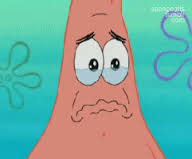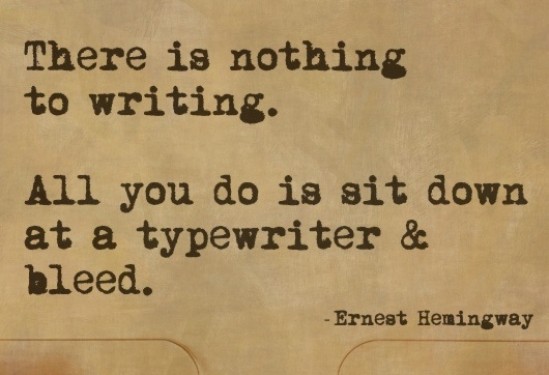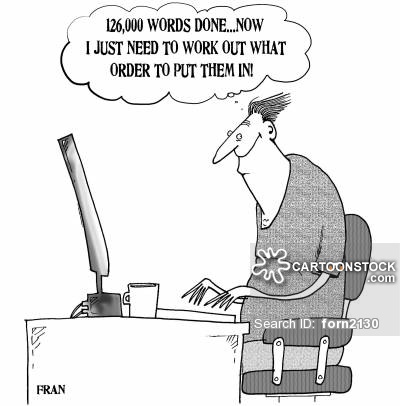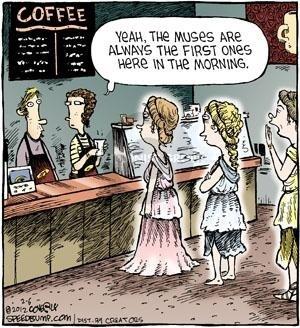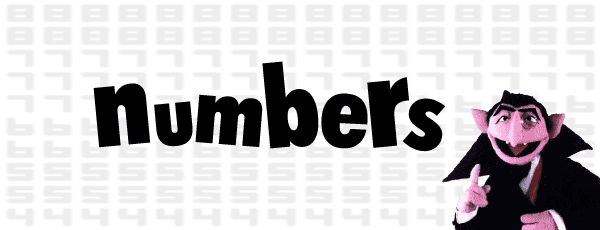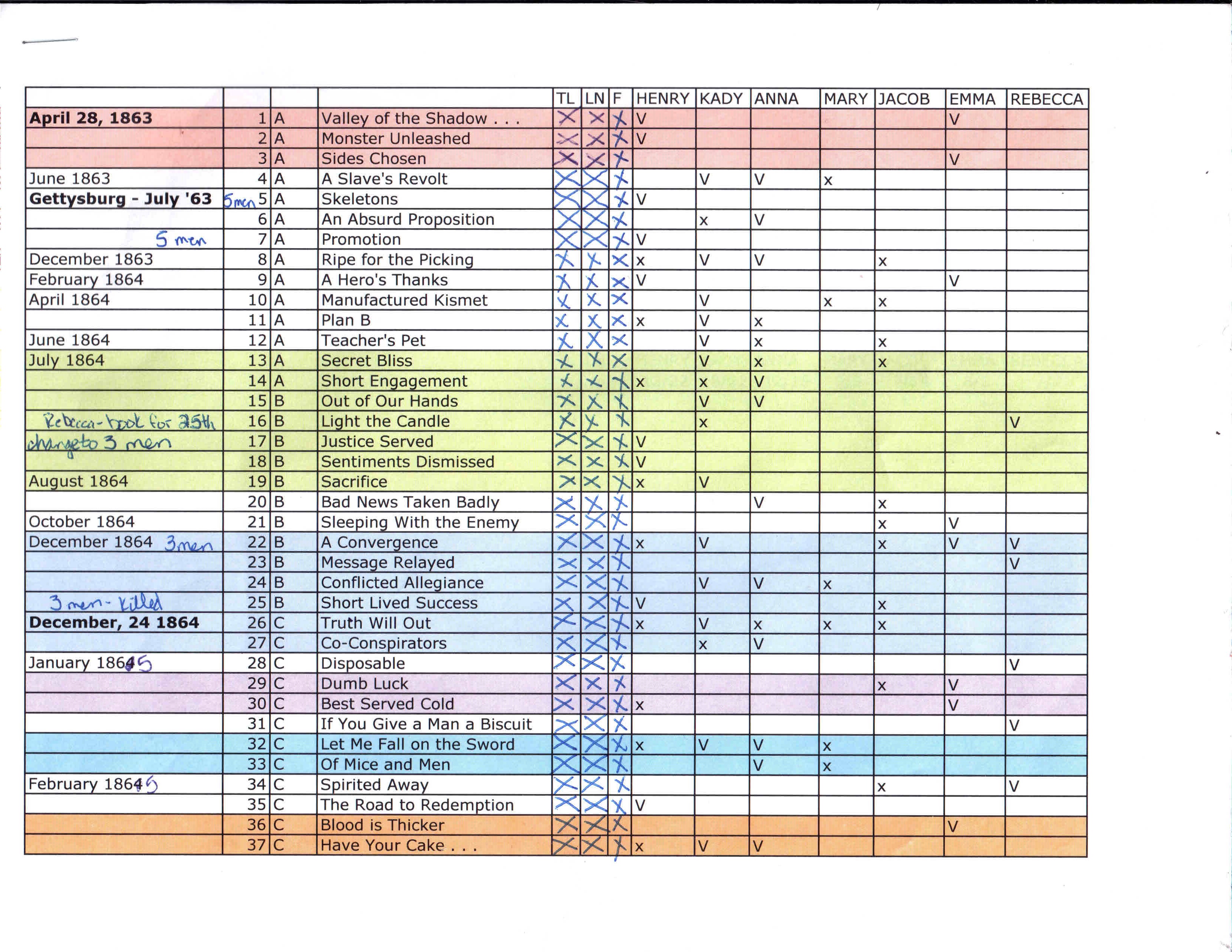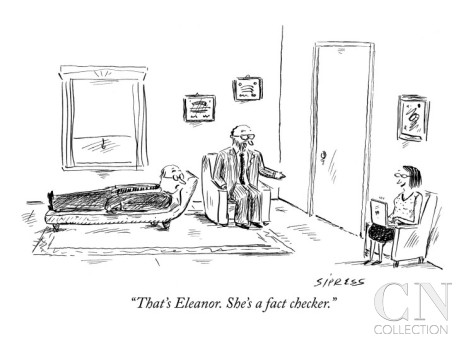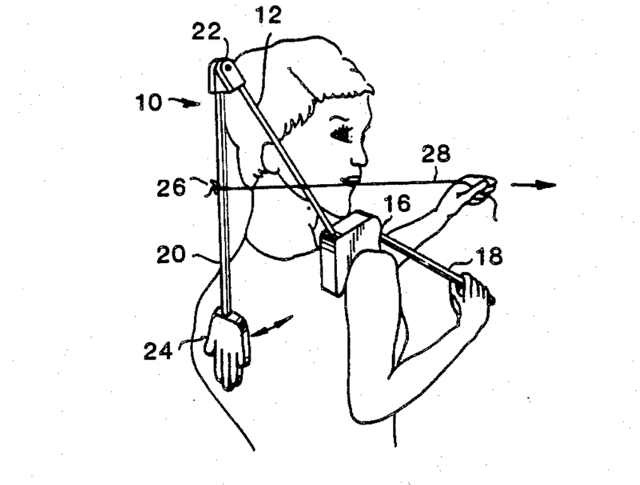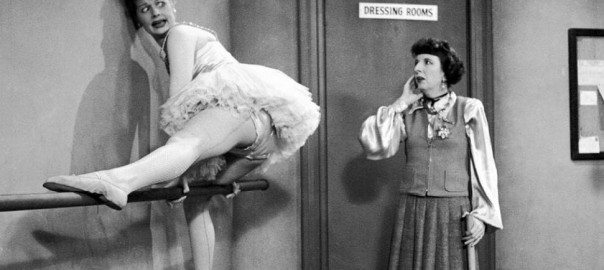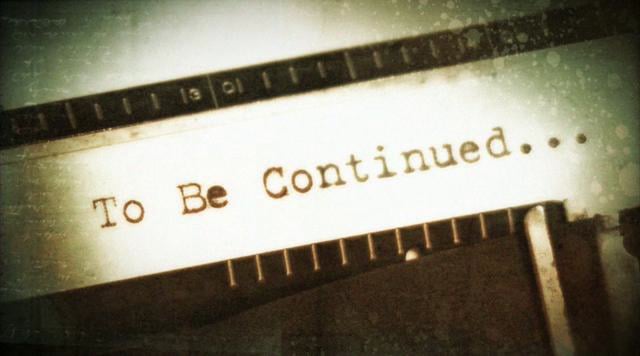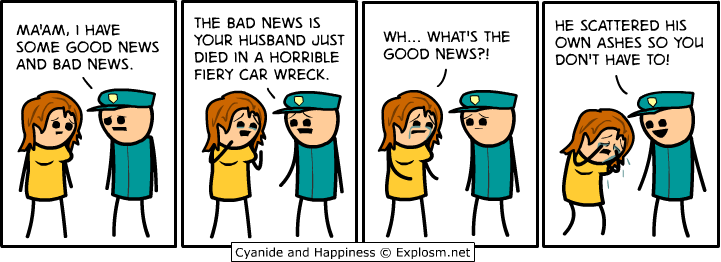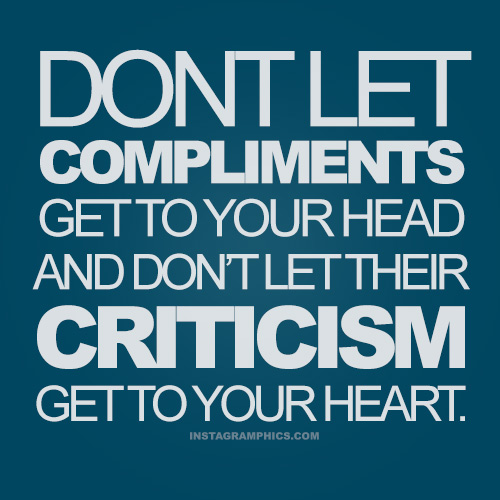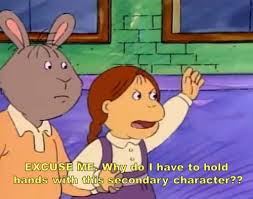I am reading the book On Writing by Stephen King. Okay, technically speaking I’ve been reading this book for over a year. It’s one of those that I carry around and when I have a moment I pull it out and read a bit. Therefore, it’s taking me a while to get through it. It also isn’t exactly a thrilling page turner, not that I think you could make a book about writing thrilling, but if anybody could, it’s King. So since he couldn’t, I’m going to say that it can’t be done. It is an excellent book though, and even if you only consider yourself a some-time-writer, you should really grab it from your local book store. Or Amazon, do local book stores even exist anymore? That totally made my heart hurt, writing that sentence.
At any rate, I’m reading the damn book, and I just read a bit about how as a writer, a large part of your job is simply sitting back and letting the story and characters do their thing. It will write itself if you let it. Now if you had said this to me five years ago, I probably would have laughed at you. Not in your face laughter, while pointing my finger, but walking away, “Boy is that guy a kook,” laughter. For me writing used to be a laborious task. I had this never-ending impulse to do it, but it was laborious. I worked for every word and debated over every plot point. It’s no wonder I never wanted to share my work with people. It had taken blood, sweat and tears to get those words on the page and that was obvious even to the reader.
I had been trying for months to write the first chapter of my novel. I had ideas bursting out of my head for this novel, but none of them were the first chapter, and as all books start with the first chapter, clearly that is where I needed to be starting. Or so I thought. Then one day everything changed. Tired of literally banging my head on my desk – sometimes it actually works, you should try it – I said, “Fuck it!” and started to write the first chapter that came to mind. Now that all is said and done, it is the eighth chapter. I wrote my eighth chapter before my first, and when I did something magical happened. My brain and fingers started the chapter, but the story and my fingers finished it. I didn’t have to think about what happened next, or what such-and-such character would say, because they were simply doing it. I was a conduit for the story. It was the most exhilarating and exhausting moment of writing I had ever had. Needless to say, I continued to write my novel in this out of order, whatever part was on my mind fashion.
I would love to say that the whole thing came that easily, but that would be a gigantic lie. There were definitely chapters that I had to fight for. My blood, sweat and tears hit those pages, and unlike some of the other chapters, they required large amounts of finessing in the subsequent drafts to bring them up to snuff. But the absolutely beautiful thing, was that every time I would get stuck, or I when I couldn’t figure out what was missing, all I had to do was stop thinking about it and work on something else. Eventually my muse would return and the story would inform me of where it needed to go.
I have been stressing all week about the opening of my novel. Unintentionally, my two main characters didn’t make an appearance until the fourth chapter of the book. I went backed and asked some of my readers and across the board they all agreed, it was a little odd. None of them said it was bad, per se, but definitely unconventional. The more I thought about this, the more I started to worry that I was starting my entire novel off on the wrong foot. I need to fix that! So I started looking at my opening chapters and investigating a rearrangement of the chapters. Remember when I said I wrote this thing out of order? This is not the first time I’ve rearranged the order of chapters. I finally came up with something that I liked, but realistically it was going to require the addition of another chapter. Cue prepping the blood, sweat and tears because Lord knows, I thought I was done telling this story, so I have no clue what is going to go into that additional chapter. That’s when I decided to hold off, and work on something else. Lo and behold, the next thing I know my muse is back and whispering in my ear what has been missing this entire time. The missing chapter is here! I guess I’m not done telling this story yet.

